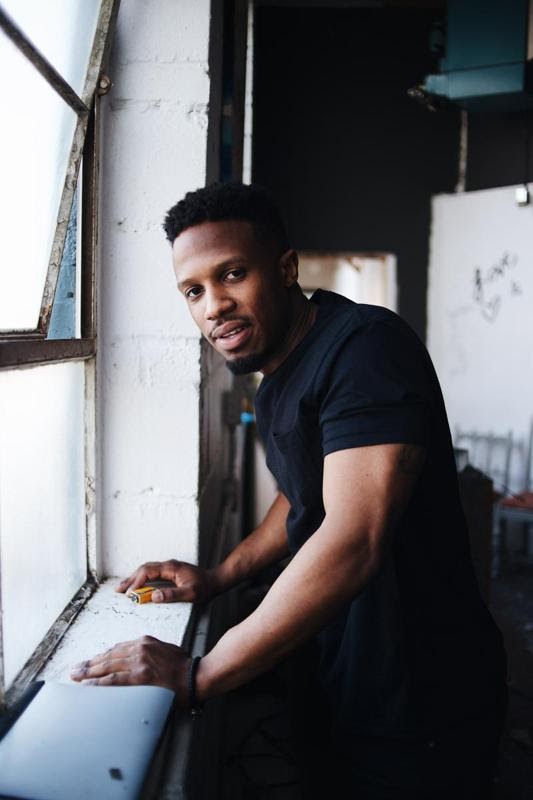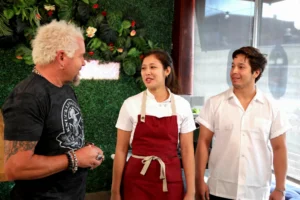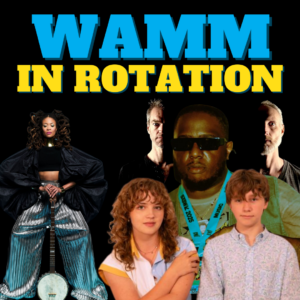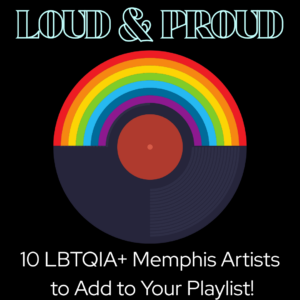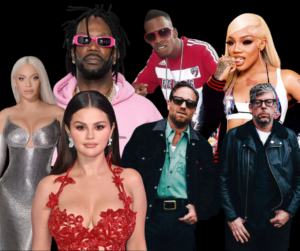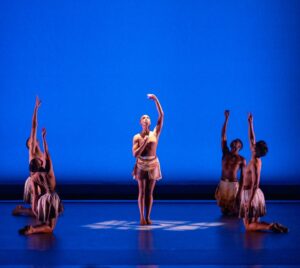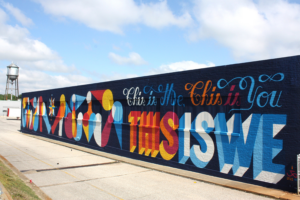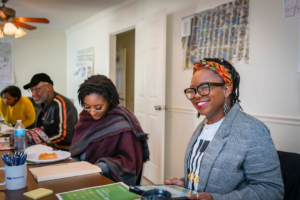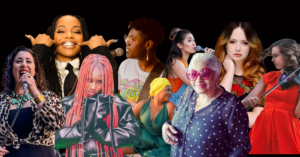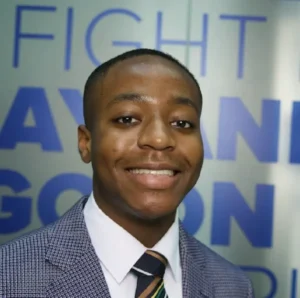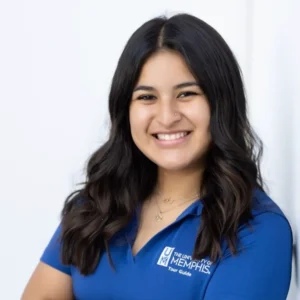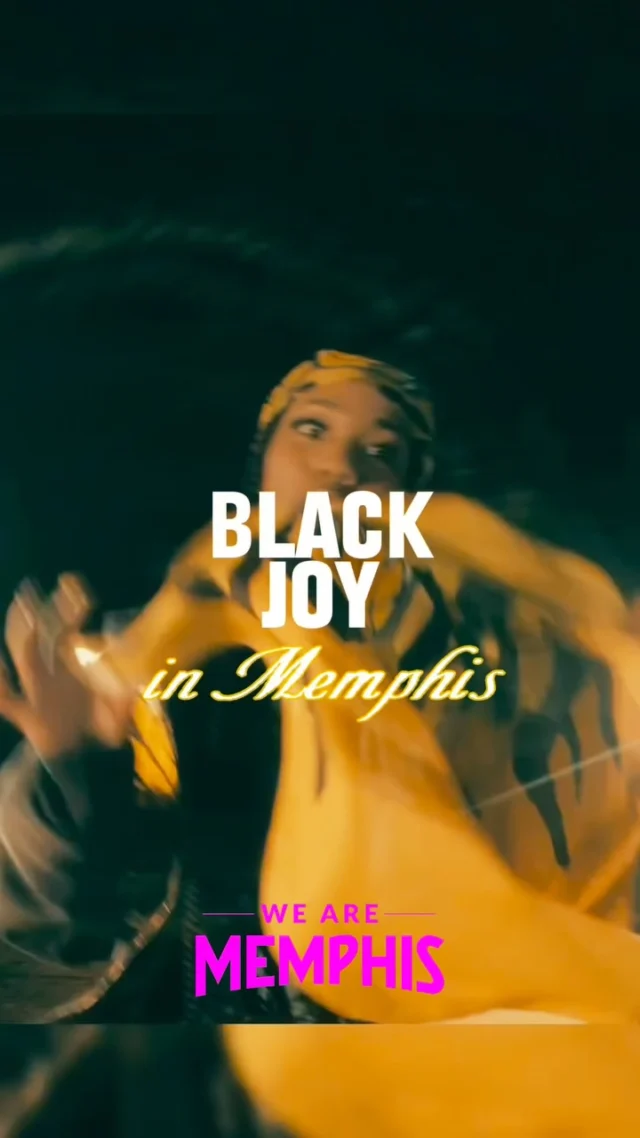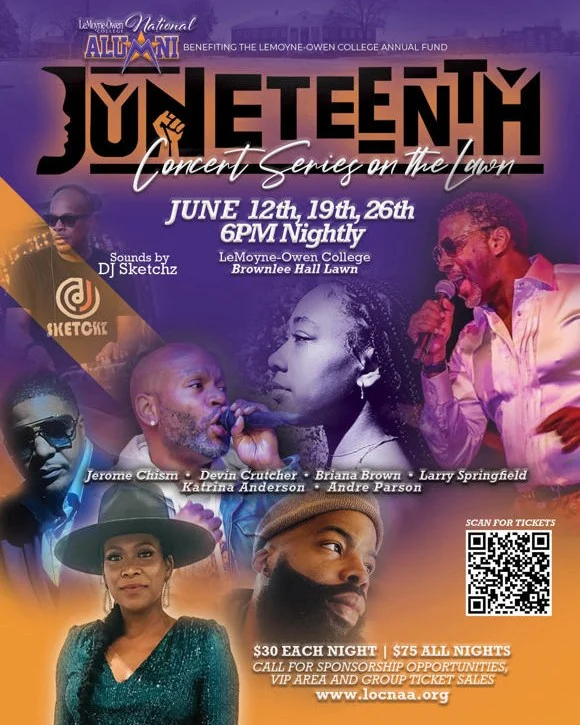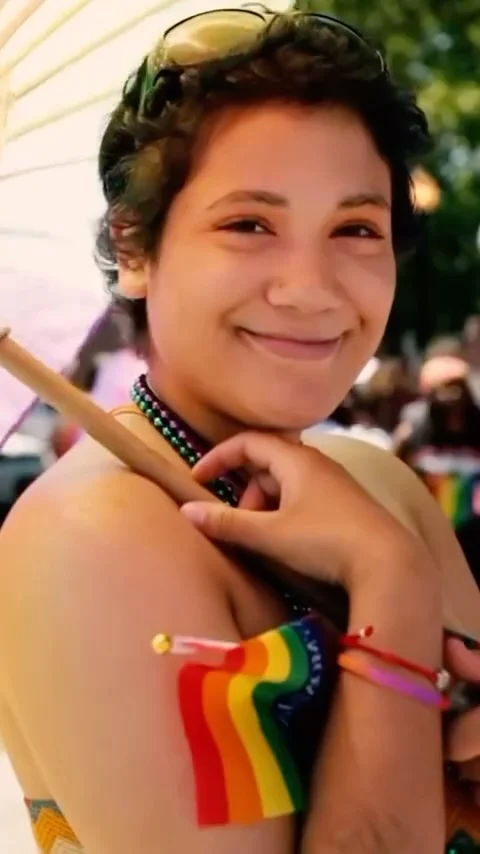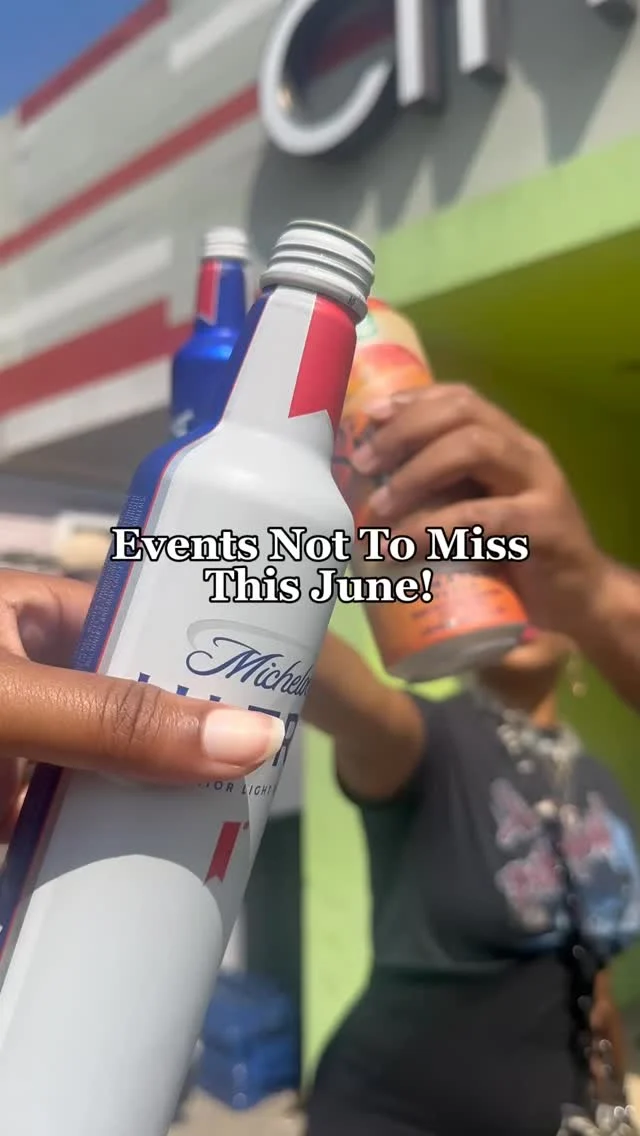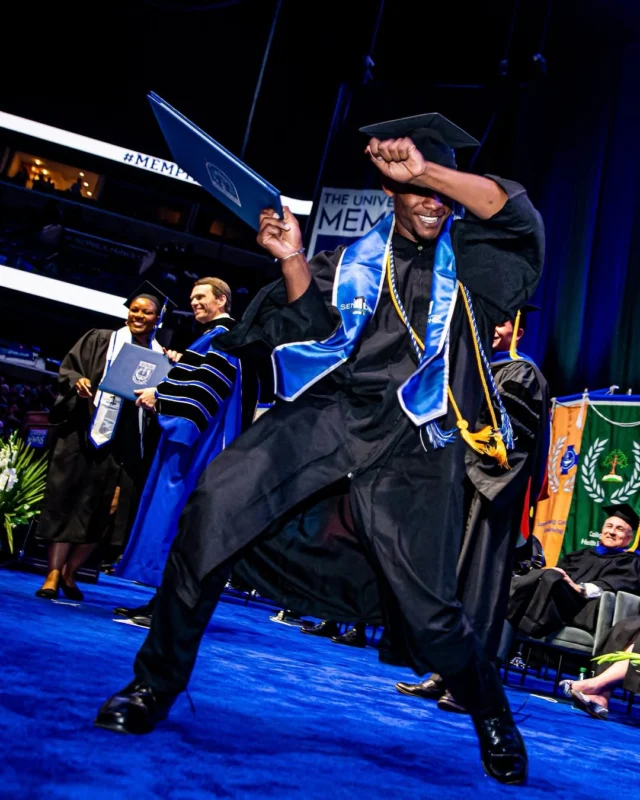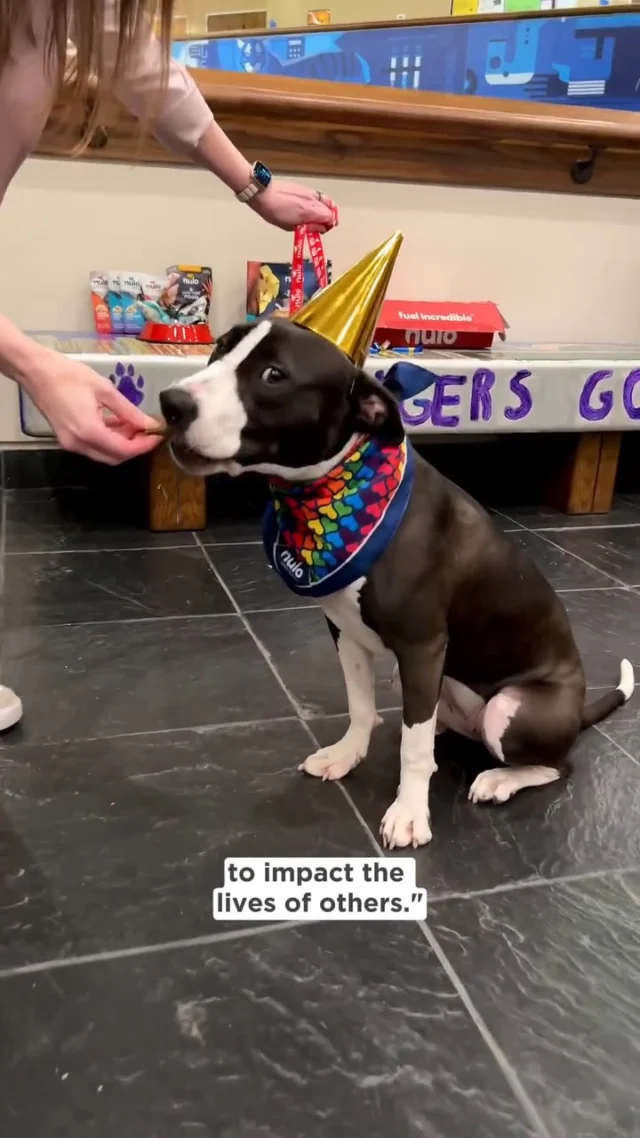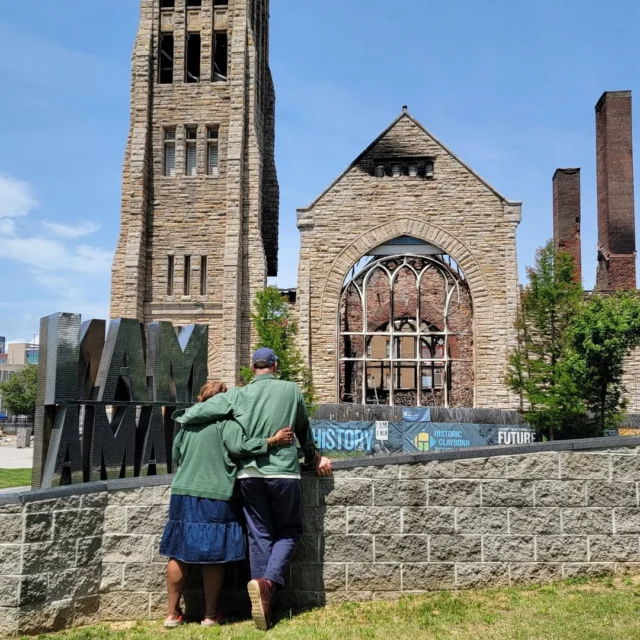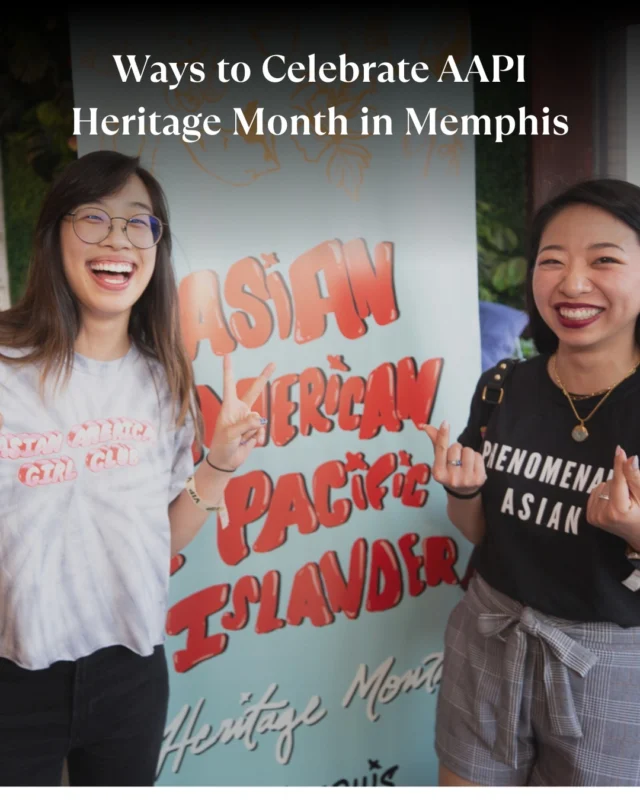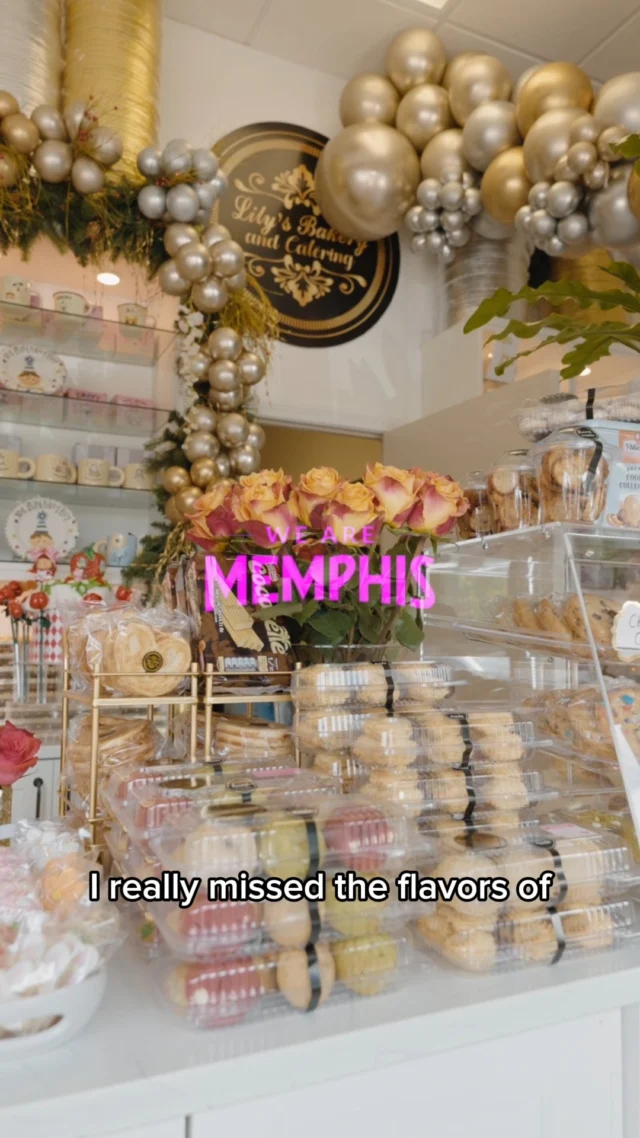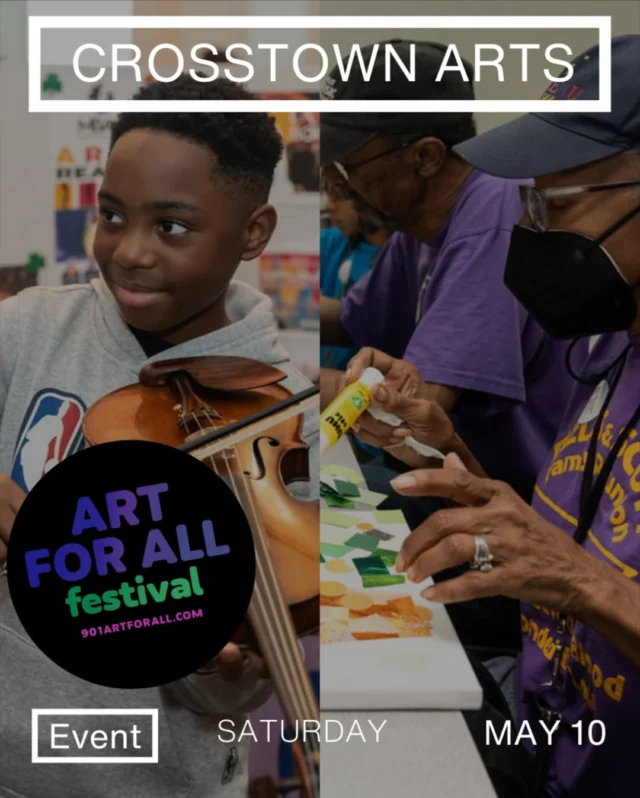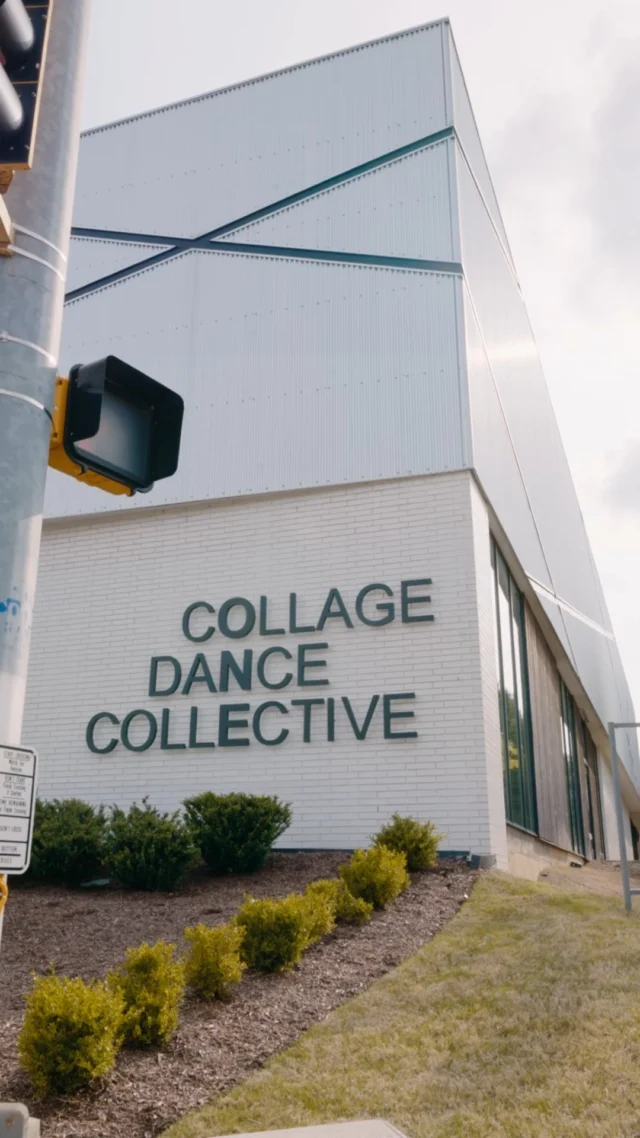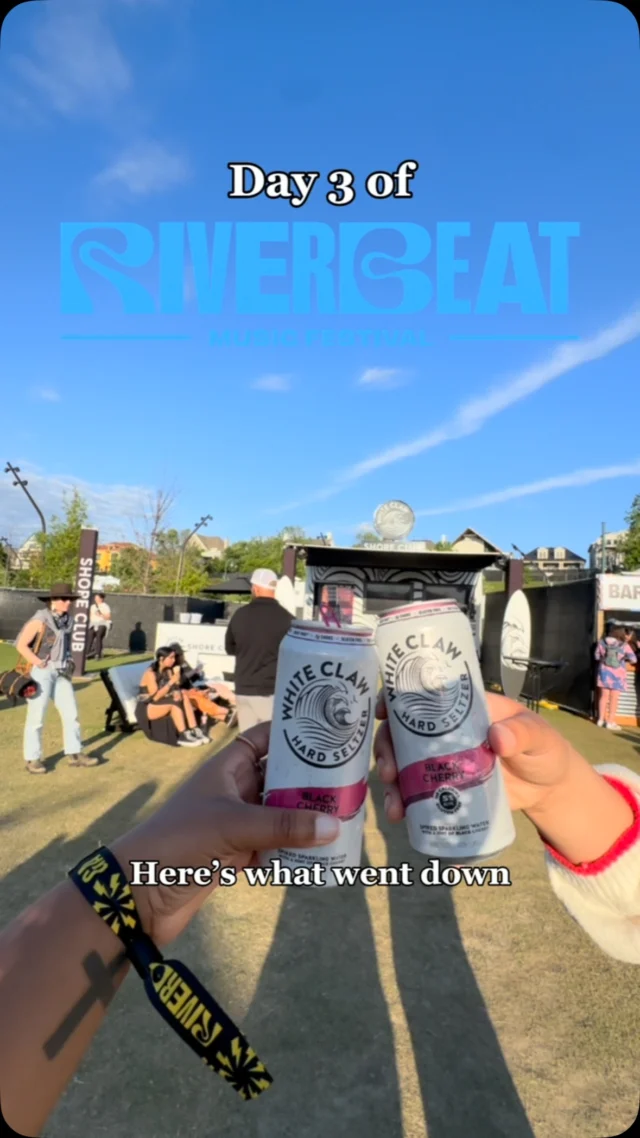By Kirstin L. Cheers
I guess you can say I’m kinda crazy in my own ways
F*** bein’ broke for days, ladies gots to get paid
From “Where Dem Dollas At” by Gangsta Boo
“Hold on, Kirb. I was watering the plants outside and some neighborhood kids had me caught up in conversation.”
Kirb is short for Kirby which is a family nickname I carried to college where I connected with Bertram or as many of us who grew up or attended school together called him, “BJ.”
I called BJ around 3:05, five minutes after our scheduled 3 p.m. phone call. After apologizing for ringing him later than scheduled, in his deep, melodic tenor of voice, he says,
“Aw naw. You straight. I lost track of time myself connecting with the kids outside. You know they like to talk.”
I’ve always known Bertram to be the type of guy who had a heart of service especially for young kids and Black boys. From teaching at Crosstown High to working with his friend, Raph, in the Teen Cloud space at Benjamin L. Hooks Public Library. Bertram has always had his hand in different pots, but those pots were all filled with a soil he would use to plant seeds of inspiration for the kids and community to pick at full bloom.
He’s that type of guy. Describing him as a renaissance man would fall short, quite honestly. He’s a savant of beautiful things like Memphis culture, Memphis kids and Memphis art.
“I will always choose home.”
So it makes sense that Bertram’s love for the city translates in his new role as Woddy (pronounced “WOAH-DEE”) in the new television series, “P-Valley.”
P-Valley, filmed in Atlanta and set in a small town in Mississippi, is an ode to Memphis and the South’s precarious yet precious corners and crevices that aren’t highlighted in tourist magazines and commercials.
It’s truth, and one of the purest aspects and qualities of our region is the depth of the “dirty” in our people.
Created and written by Memphis’ native daughter, Katori Hall, P-Valley is the type of art that will keep television and media hydrated with rich, full narratives of Black and Brown people living in their truth as they are and who they hope to become.
“Working with Katori – I can only think of one word: genius,” said Williams. “I don’t use that lightly either. She applied momentum behind this show and she used all she had gained from her writing skills, her experience with plays and musicals and the awards she’s gained. She handled this project with so much care.”
Hall managed a crew of about 300, according to Williams. She led with care, love and commitment to her team.
And it’s evident in the show. With two episodes in, the viewer is tantalized by Hall’s choices from the cinematography to the writing to the vernacular and dialect of the characters which is specific and particular to the south, but brings an individuality to each story told.
P-Valley catapults the lives of Black and Brown women who are often regarded as objects into the spotlight – on tv and real life. At The Pynk (pronounced PANK – you have to use the hard ‘a’ and drop your voice an octave to get the full southern dialect affect), the real stars are the strippers or exotic dancers who force the viewer to see them as they are and where they are and accept that. These Black and Brown women use the strip club as a sort of cynosure to confront and cope with their individual and collective challenges including domestic abuse, financial struggles, hypocrisy from church and family and sexuality. Nothing about this show is shallow or aloof. It’s intimate and intentional; provocative and painful; beautiful and brilliant.
And it’s not short of looking at social issues from racism and colorism, gentrification and political influence (there’s a mayor who is inspired by former mayor Willie Herenton).
P-Valley also doesn’t crouch from diversity and representation. Another Memphis native, Brandee Evans, stars as Mercedes, a veteran at The Pynk who battles between evolving beyond the strip club and pursuing her own dreams while combating her hypocritical, “sanctified” mother. There’s a robust cast of Black women in every shade, and a queer, Black male club owner and den mother, Uncle Clifford, who dresses in high heels with glitter-painted red lipstick, and a gangster rapper who’s attracted to Uncle Clifford.
The visuals (music video director Karena Evans directed the first episode), however, are supported by the immaculate writing.
“I was born with my heart outside my chest,” Andre, a young business man who falls for Autumn, the rookie stripper tells her during a lap dance.
“Shut the front door,” she says.
“Naw, true story.”
“I wanna know what that feels like. Having your heart beating outside your chest.”
“I think what the show does is push us to have these conversations about the truth of who we are and where we live. The show pushes boundaries with challenging visuals and relationships. It’s giving honor to the versions that we’re not proud of, but there’s no reason for us to not be proud of them. It’s easy to catch somebody ⅔ of the way down the timeline but we don’t show their trajectory.” said Williams.
A graduate of Overton with some years spent at Central High, Williams didn’t set out to be an actor right away. He admits to being in and out of trouble as any normal kid, but it was at Overton that hemet and built a valuable relationship that would ignite passions anew.
I met Ekundayo Bandele [at Overton], and it was one of the first times meeting and seeing a Black man operate at such a high-level and in a spirit of excellence in his craft.”
But life wasn’t “no crystal stair” after that. Williams worked to find balance between his creativity and his desire to serve. From working as a club manager of The Dizzy Bird to a carpenter for his uncle which resulted in him burning his hand on a hammer that had been laying underneath the summer sun.
“I said, ‘damn I need to go back to school.’ It was a lesson of work ethic, but also all that comes with serving.”
Not having much prep time between teaching, Bertram studied his lines for the role between classes and his other jobs. The night before the first day of filming and undergoing waves of anxiety, it was the words of his best friend, Ralph, that allowed him to “let go.”
“He told me to just be myself. I can admit I’m still figuring out how it all came together, but I think it was the culmination of being from Memphis, having the experiences I’ve had and working with a great leader like Katori.”
For those of us who know him, it’s only right for Bertram to instill some nuggets of wisdom for youth and other creatives. He doesn’t credit himself for landing the role. He’s a humble guy whose mellow and vibrato will ease the thickest of tensions. He doesn’t have it all figured out, and that’s his secret.
“I will tell anyone, learn to have a relationship with the divine, whatever that is for you. Once you taste what life can be after establishing that, you never want to give that up. At that point, you are set up to tap into path and purpose. There will be tests and there will be suffering, but once you are leaning into your purpose, the plan God has for you will never change no matter how much you get off track.”
You might also be interested in: Memphis teen wins ArtUp business pitch contest
